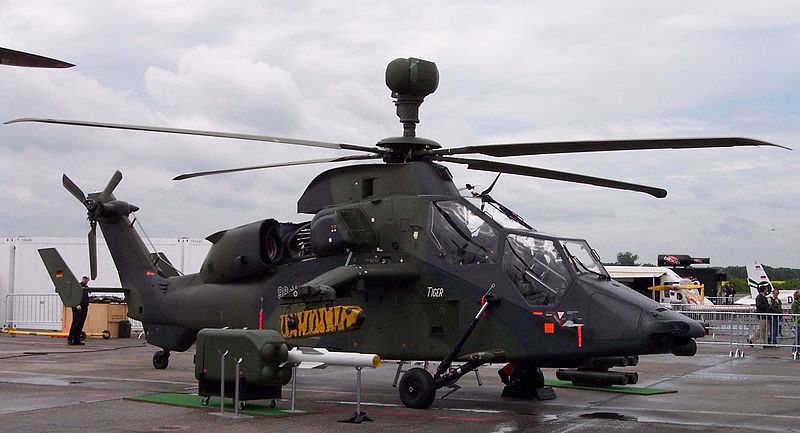.
Let's assume the German public was interested in military reform.
Whom would it ask, who's an expert?
No "insiders" are trustworthy, for they have to be loyal to one party of any military reform debate, to the sitting minister of defence. A discussion with input only by them would be totally biased, thus you need to balance them at the very least with their untrustworthy counterparts from the other side.
We have almost no think tank culture, so we're being spared the experience of talking point propagandists from think tanks infesting our news.
As far as I can tell, the media tends to prefer retired generals (and only those who weren't 'fired') as experts in regard to military affairs. Its preference in regard to security policy is rather in favour of talking to foreign policy people.
- - - - -
Quite frankly, I don't like this preference for retired generals. It has a systematic bias towards institutional conservatism. This will serve us ill if we'll ever have a substantial public discussion about a military reform that's not merely about conscription and various numbers. Any public discussion for example about whether air mechanisation is (was) worth buying so many so expensive helicopters or just a fragile pipe dream would almost inevitable be tilted towards conservative views of old men.
The problem is of course to get a public discussion going about such topics in the first place. It's simply not happening, while some fiscally comparable civilian projects were be a national discussion for years (think: Transrapid maglev train) - and the average Joe was just as poorly prepared to form an opinion about them as about military matters.
Yet, we should get it right if we ever manage to discuss such topics and have some actual democratic oversight of our forces with a very general participation.
Back to the old men.
Let's think of two men; one 'reformer' (pro-innovation) and one 'conservative' (contra-innovation).
The 'reformer' will be enthusiastic about a novelty in his 20's and 30's, work son getting his ideas recognised in his 30's and 40's and will either fail (and not become a general) or succeed (see his ideas in action and probably become a general).
Even IF the reformer makes it to general, he'll be in his 50's or 60's when interviewed by the media as expert. By that time the novel idea will be already be 20-40 years old and it would be the new status quo.
In other words; by the time of the interview even the reformer would be a conservative (and at most understand the drive of young officers for innovation), just like the other guy who was conservative all the way.
 |
| Eurocopter Tiger, source: "Stahlkocher" (Wikipedia) |
Maybe the media needs to find other sources (maybe foreign experts who don't need to be loyal to any German institution or politician? Maybe more active service officers should write books? Maybe we need a journal about military topics that's not a PR front for ministry and industry nor a wanking stimulator for mil fanbois?) if it ever wants to inform the public well about a military reform.
That would of course first require some attention and even interest.
Luftmechanisierung / air mechanisation was a major German army experiment that was never publicly scrutinised (it was in my opinion rather a stupid excuse for 80's procurement plans during the 90's and dropped in all its ambitious parts once the funds were secured). There may have been a damage of several billion Euros due to our inability to scrutinise such military projects publicly.
S O
.



